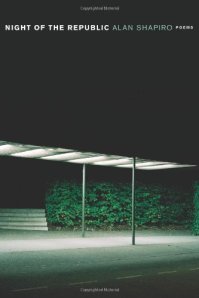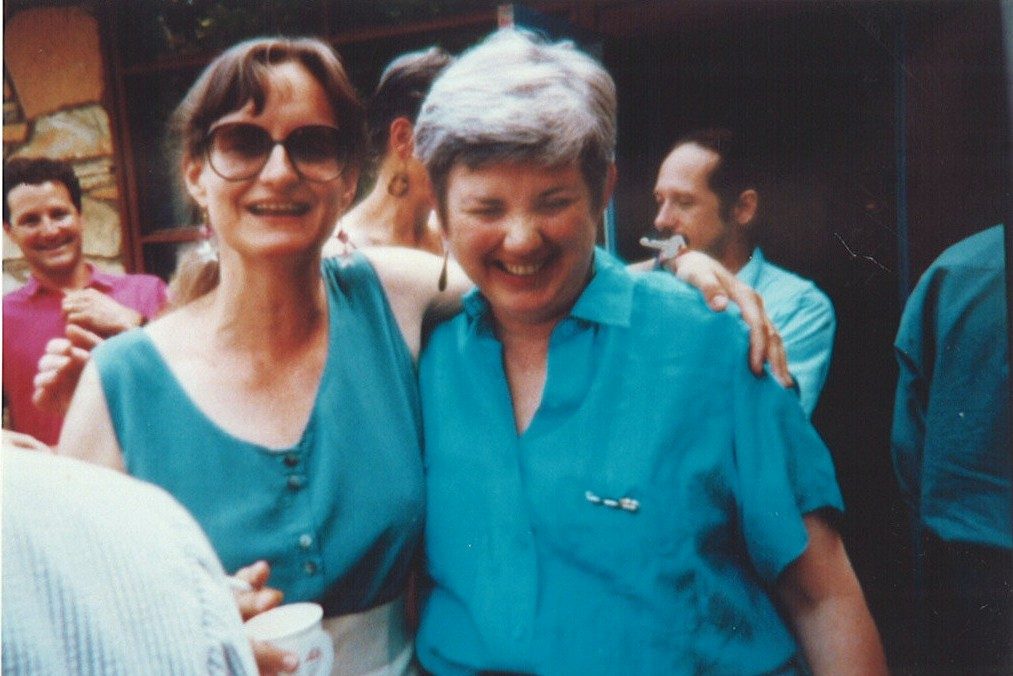Catherine Barnett (poetry, ’02) recently chose “Delight in Disorder,” by Robert Herrick as the Poetry Daily Poet’s Pick.
“Delight in Disorder”
by Robert Herrick (1591–1674)A sweet disorder in the dresse
Kindles in clothes a wantonesse:
A Lawne about the shoulders thrown
Into a fine distraction:
An erring Lace, which here and there
Enthralls the Crimson Stomacher:
A Cuffe neglectfull, and thereby
Ribbands to flow confusedly:
A winning wave (deserving Note)
In the tempestuous petticote:
A carelesse shooe-string, in whose tye
I see a wilde civility:
Doe more bewitch me, than when Art
Is too precise in every part.Catherine Comments:
When I was a child I loved the “What’s Wrong With This Picture?” page in the Highlights my dentist kept in his waiting room, which were never as unsettling as Bishop’s National Geographic but which nonetheless helped pass the time. I find I’m still fascinated and compelled by mistakes, by the pleasure of unexpected juxtapositions, and by imperfections whose “sweet disorder” can often carry the mind into its own eddies of “fine distraction.” (Teeth that are separated by a gap, and therefore “imperfect,” are called “les dents du bonheur”—teeth of happiness.) A friend of mine, the wonderful documentary photographer John Lucas, once took a series of portraits of his friends and doctored the photos so that the two sides of the face were exact mirror images of each other; the face’s natural asymmetry was transformed into an eerie perfection, leading us perhaps into the uncanny valley against which Herrick, in “Delight in Disorder,” protests.
Herrick’s poem makes me aware of the tension between order and chaos that animates, destabilizes, and makes wonderfully mysterious my own practice of both writing and living. It also makes me think of some of my favorite poems, which address similar concerns, sending me back to Yeats’s “Adam’s Curse,” to so much of Stevens, and to Bishop, including “The Bight,” whose “untidy activity continues, / awful but cheerful,” and “Filling Station,” where “Somebody / arranges the rows of cans / so that they softly say: / ESSO—SO—SO—SO / to high-strung automobiles. / Somebody loves us all.” In Bishop’s “At the Fishhouses,” the speaker’s eye looks back and forth between order and chaos, between “the scales, the principal beauty” and the “unnumbered fish” scraped “with that black old knife, / the blade of which is almost worn away.”
Watching poets at work—by looking at their drafts, their “stitching and unstitching”—illustrates the tug-of-war between chaos and order. Sometimes what starts out orderly moves toward the disorderly, as in Dickinson’s drafts for “Tell all the truth but tell it slant” in which she changes her initial “bold delight” to “infirm delight,” a change that holds the same kind of paradox found in Herrick’s wonderful “wilde civility,” which is my favorite moment in Herrick’s poem. (In an 1862 letter to T. W. Higginson, Dickinson asked, “Are these more orderly? I thank you for the Truth—I had no Monarch in my life, and cannot rule myself, and when I try to organize—my little Force explodes—and leaves me bare and charred—I think you called me ‘Wayward.'”)
“Delight in Disorder” also feels like a stay against death insofar as death’s “Art / Is too precise in every part.” In Dickinson’s “It was not Death, for I stood up,” for example, “The Figures I have seen” are “Set orderly, for Burial.” Plath’s “The Munich Mannequins” asserts “Perfection is terrible, it cannot have children.” But the verbs in Herrick’s poem—”kindles”, “enthralls,” “bewitch”—contrast dramatically with the passive “Is” of the final precision; the close of the poem is much more orderly than the preceding lines—it’s only here that the rhyme is perfect, too perfect perhaps.
Catherine is the author of The Game of Boxes (2012, Graywolf). Read more at poems.com












